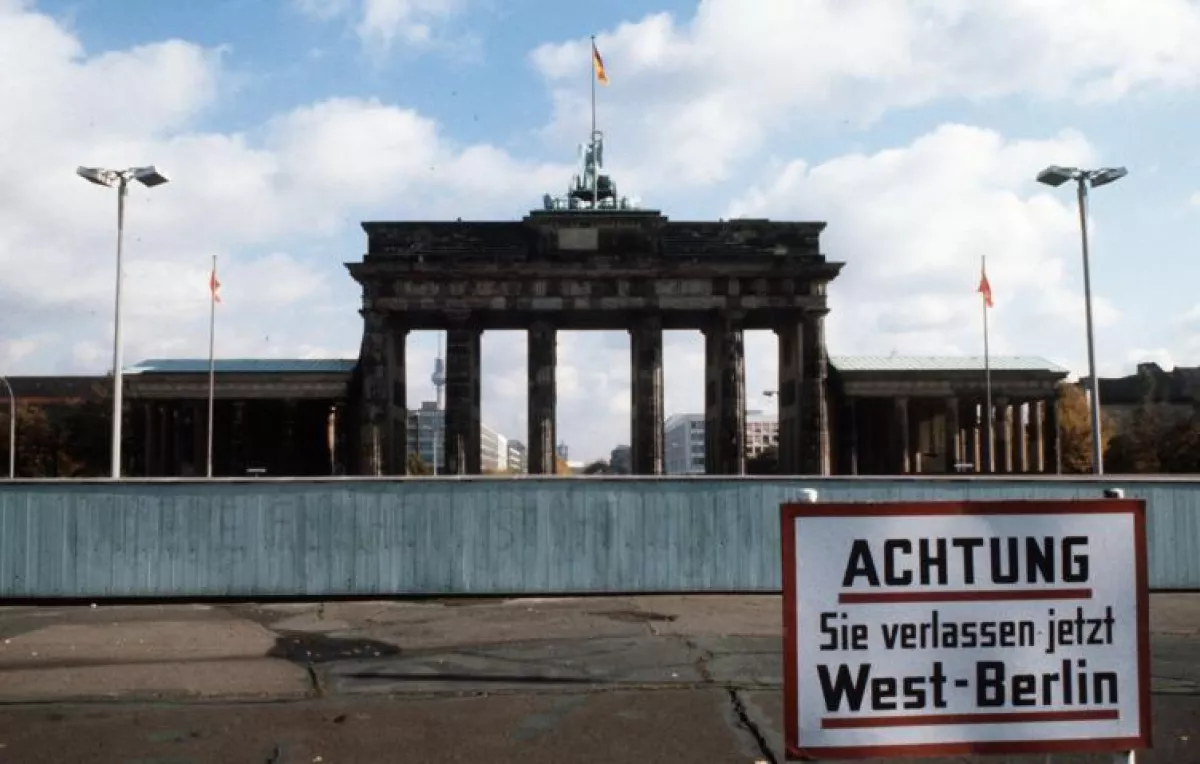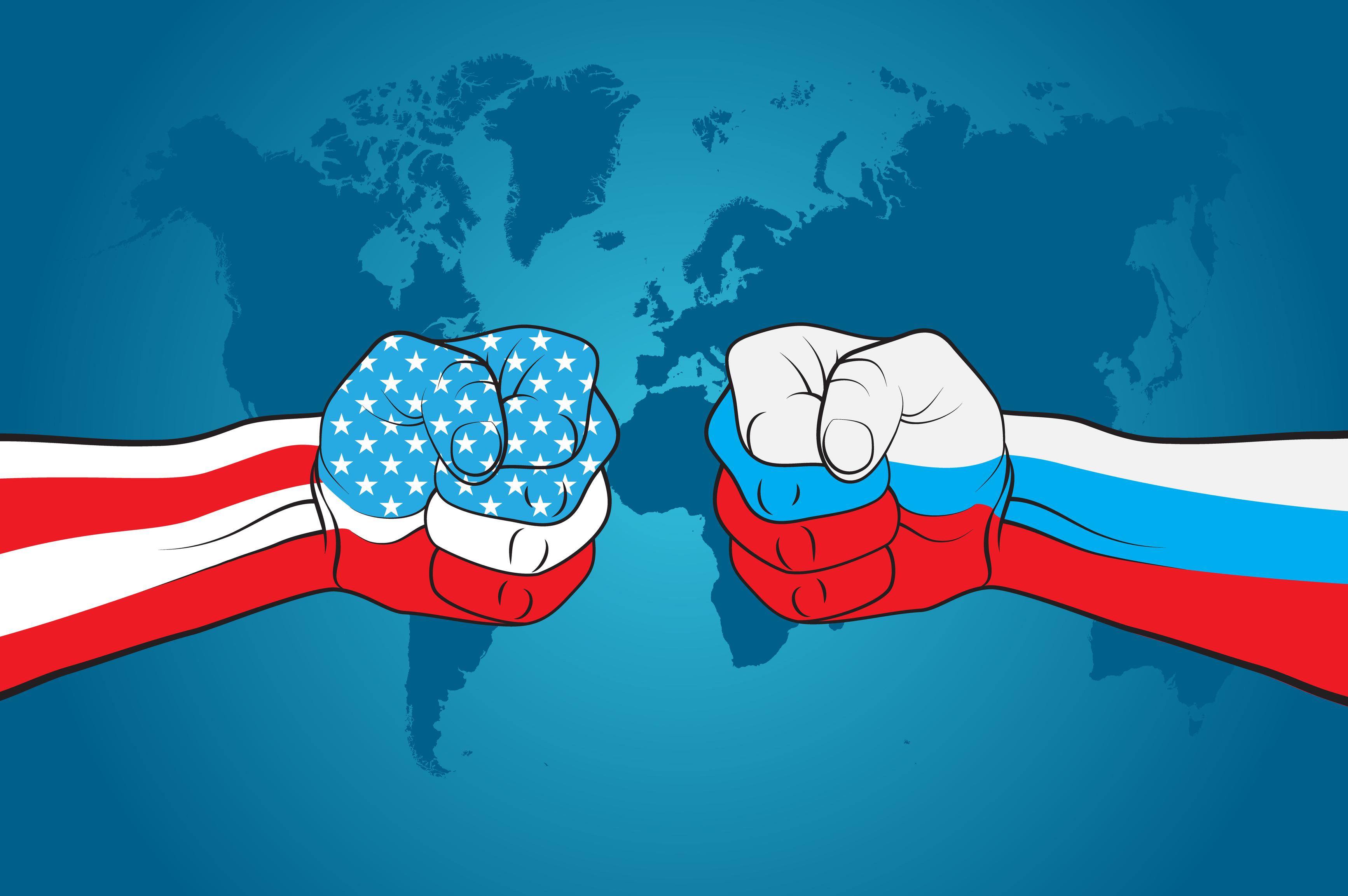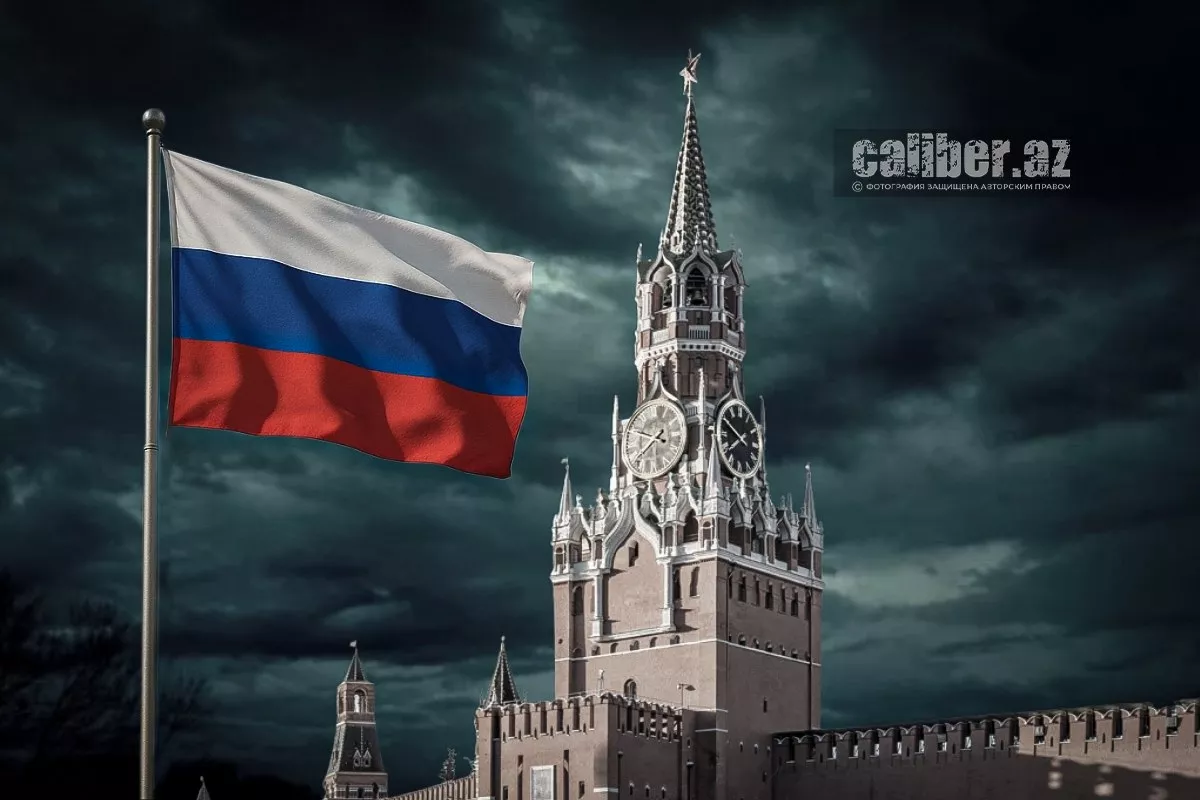Unlimited restrictions Reflections on a divided world
A world divided not just by borders, but by stone walls topped with barbed wire and armed guards in watchtowers, with drones monitoring both land and sea, is no longer science fiction.
This is reality. In 1977, a wall rose between North and South Korea, now considered one of the most heavily guarded borders in the world. Similarly, Israel’s barrier separating the country from the Palestinian territories since the early 2000s was seen as secure—but as October 2023 demonstrated, it offers no real guarantees. The US–Mexico border wall has long been known, though with Trump’s return to power, the emphasis shifted: deporting illegal migrants and making clear the inevitability of expulsion for those attempting unauthorized settlement. And of course, the Great Wall of China was built to curb unrestricted movement, while clearly marking “ours versus theirs” in terms of the territories of the indivisible Chinese empire.

But there were other walls as well. The famous Berlin Wall, stretching 155 kilometres and dividing the city from 1961, finally fell in 1989. The “walls of the world” in Northern Ireland, separating Catholic and Protestant neighborhoods, still stand today, though they have largely become tourist attractions.
Not long ago, it seemed that the same fate awaited all the world’s walls. The euphoria of the early 1990s, following the inglorious collapse of the USSR, promised freedom, openness, and total fraternity (and “sisterhood”). The removal of internal borders within the European Union seemed natural and right. It appeared only a matter of time before most other countries of the world—at least the rational ones—would follow suit. Yet, as they say, the plan did not work out. The music did not play for long.
The world, having broken free from the heavy legacy of the Cold War and briefly believing in a “bright tomorrow,” failed to notice the lingering ballast of yesterday’s grim echoes. But they had not vanished—they resurfaced in bloody conflicts and rapidly growing contradictions among those whose friendships once seemed unshakable (remember “Friend Boris” and “Friend Bill”?). The fearsome Russian bear, thought to have disappeared into the endless Siberian wilderness, had merely been hibernating. Awakening, it reemerged in terrifying splendour—or magnificent horror—and immediately resumed its age-old rivalry with its equally headstrong North American counterpart, along with a whole group of “lions” and “eagles.”

But all of this is abstract. The truth is that we live in an era of global polarization. Bridges are burning and collapsing, and the distance between countries keeps growing deeper by the day. Nations are closing their borders to certain categories of people—and these categories are multiplying not by days, but by hours. Obtaining visas is becoming an increasingly complex process. Meanwhile, the number and volume of voices preaching the “great divide”—religious, geographic, national—are growing louder. Any kind you can imagine, but the essence is the same: confrontation, rejection, hatred.
There are more than enough people constantly fanning the flames of Azerbaijani–Russian tensions, but I do not seek to join them. Russia is our neighbour, and it is important for us to maintain good relations despite all difficulties. Yet one cannot ignore a notable feature of Russian society: its aggressive insularity. You can move to the United States and become an American of Azerbaijani descent. Yes, you will have to work hard to find your place and earn your spot in the sun, and sometimes even fight for it—but it is possible. Millions of examples prove it.
In Russia, however, you will always remain an “outsider,” even with a Russian passport, even if you achieve success in your chosen profession and build hundreds of friendships and connections. Want to argue? The United States regularly faces problems with various countries—for all kinds of reasons. When was the last time this directly affected Americans of those countries’ origins? I am not talking about everyday racism or the antics of a few fools, but state policy. In Russia, it is very different. No, not just “different in some ways”—but profoundly, fundamentally so.

How many Georgians—citizens of Russia—suffered simply because of their surnames in 2008 during the Russia–Georgia war? And how many Russian “Azerbaijanis” (citizens of the Russian Federation) suddenly found themselves out of place once bilateral relations deteriorated? People from an “undesirable” country immediately become scapegoats, even if they have nothing to do with the underlying issues. If tomorrow the Kremlin’s relations sour with, say, Trinidad and Tobago, I would not envy the island’s natives living in Russia. If there are any. Though I’m sure there are. And even if not, they would be found anyway.
There’s a saying: “breaking is easier than building.” But sometimes it doesn’t apply. Sometimes building—walls, barriers, obstacles—is remarkably easy. Unfortunately, today it is all the rage. That’s why those who build roads and try to find points of contact amid the storm—scattering people, nations, and countries across great distances and leaving them in diametrically opposed positions—are all the more valuable. After all, forgive the pun, behind the unlimited restrictions one often sees the limitations of the “restrictors” themselves.








